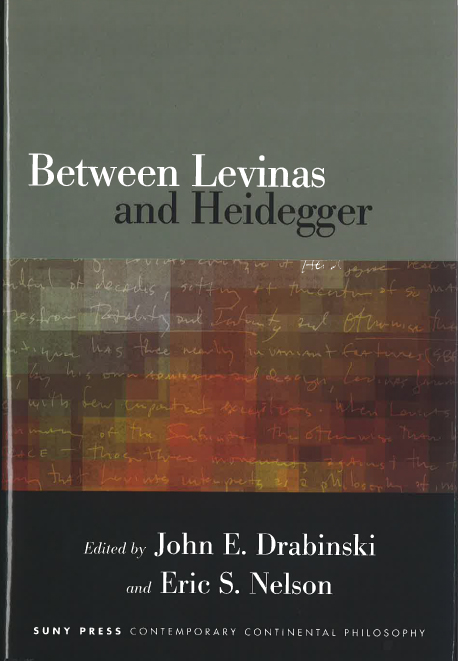Between Levinas and Heidegger
Summary
Investigates the philosophical relationship between Levinas and Heidegger in a nonpolemical context, engaging some of philosophy’s most pressing issues.
Although both Levinas and Heidegger drew inspiration from Edmund Husserl’s phenomenological method and helped pave the way toward the post-structuralist movement of the late twentieth century, very little scholarly attention has been paid to the relation of these two thinkers. There are plenty of simple—and accurate—oppositions and juxtapositions: French and German, ethics and ontology, and so on. But there is also a critical intersection between Levinas and Heidegger on some of the most fundamental philosophical questions: What does it mean to be, to think, and to act in late modern life and culture? How do our conceptions of subjectivity, time, and history both reflect the condition of this historical moment and open up possibilities for critique, resistance, and transformation? The contributors to this volume take up these questions by engaging the ideas of Levinas and Heidegger relating to issues of power, violence, secularization, history, language, time, death, sacrifice, responsibility, memory, and the boundary between the human and humanism.
